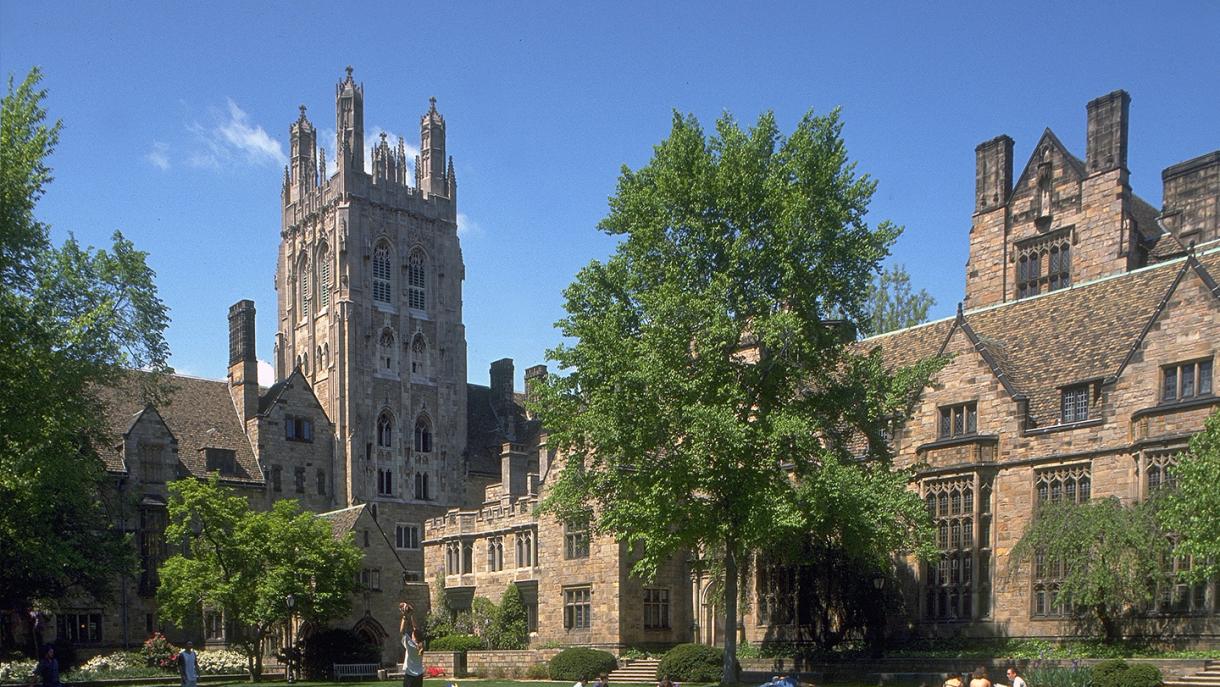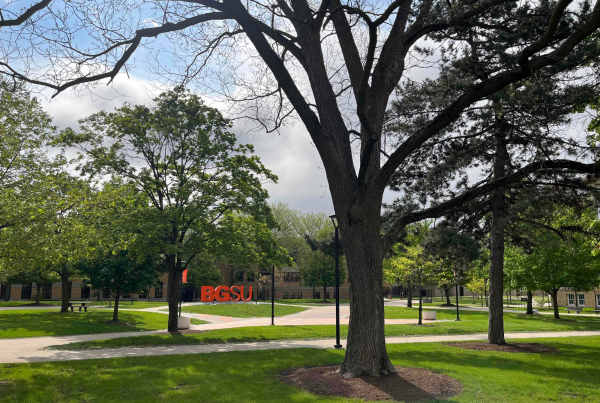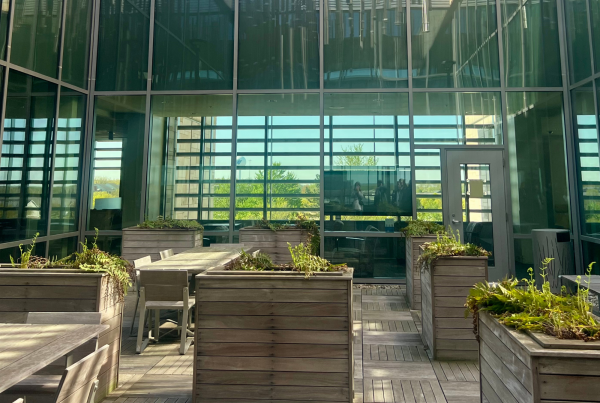 by Dave Best
by Dave Best
If you are searching for a strong and supportive academic community, it could be beneficial to look at schools with residential colleges. These programs here in the United States follow the model the University of Cambridge and the University of Oxford created in Great Britain hundreds of years ago.
The residential college system at Oxford and Cambridge truly is more autonomous than here in the US as their residential colleges even hire faculty and are responsible for admitting students. However, both here and abroad, many students within a residential college identify themselves as a member of their college as much as they do their overall university.
The first colleges to bring the residential college system here to the states were Harvard, Yale and Princeton early in the 20th century. Residential colleges can help cultivate a variety of cultural and intellectual interests among the students by providing dedicated faculty members that lives in or alongside the college. Often this is described as a living-learning community.
Students self manage their residential college which itself is often as diverse as the university as a whole. These residential colleges, unlike Greek Life at other schools, are inclusive and students do not need to rush or pledge to become members. Typically students are randomly assigned to their residential college by the university prior to enrolling.
Additionally the students typically eat meals together at their residential colleges. At some schools there are major social events hosted by individual colleges. Plus there are campus wide events where the colleges compete against each other. It is normal for students to believe their residential college is the best.
There are many universities that have created one or a few residential colleges such as the University of Michigan and the University of Wisconsin-Madison. Most of the small group of schools with extensive residential college systems are in the Northeast. Let’s review a few schools that have the strongest residential college systems nationwide:
Northeast
Yale University’s residential college system, now more than 70 years old, is perhaps the most distinctive feature of the College. The residential colleges allow students to experience the cohesiveness and intimacy of a small school while still enjoying the cultural and scholarly resources of a large university; the residential colleges do much to foster spirit, allegiance, and a sense of community at Yale.
Before freshman year, all incoming undergraduates are assigned to one of Yale’s twelve residential colleges. Students remain affiliated with their residential college for all 4 years (and beyond). Yale makes every effort to represent the diversity of the entire undergraduate community within every residential college. In this sense each college is a microcosm of the larger student population. The residential college system offers students a familiar, comfortable living environment, personal interaction with faculty members and administrators, and exciting opportunities for academic and extracurricular exploration.
Ten of the 12 colleges for freshman year live together on Old Campus, while Silliman and Timothy Dwight live within their residential college all four years. Approximately 84% of Yale undergraduates live on campus.
Southeast
University of Miami opened its first residential college in 1984. Presently, five of the six living areas on campus are residential colleges. Based on the tradition of Oxford and Cambridge Universities, the residential colleges combine the personal attention, support, and family-like atmosphere of a small college with the extensive resources of a major research university. The University’s residential colleges support and enhance student learning through live-in faculty and student affairs staff as well as a wide range of programs, seminars, concerts, lectures, field trips, and sports and recreational activities throughout the school year.
Approximately 63% of Miami undergraduates live off-campus.
Southwest
Rice University explains that it’s residential college system is the heart of campus life. Its purpose is to foster democratic self-government, faculty-student interaction, and intellectual and cultural activity outside the classroom. These ideals are fundamental to the distinctiveness and success of the Rice undergraduate experience.
Replacing fraternities and sororities, Rice has 11 residential colleges that all undergraduates are randomly assigned into starting in freshman year. Freshman live alongside upperclassmen. Approximately 75% of Rice students live on campus, as many students live off campus one year during their undergraduate experience.
West
University of California, Santa Cruz has 10 residential colleges that all freshmen participate in and can request which one they want to live in. The colleges differ in academic focus, environment, location, architecture, and programs offered. However, all 10 colleges are dynamic, engaging learning communities that offer opportunities for students to help build and shape their experiences.
Approximately 53% of UCSC undergraduates live on campus.




